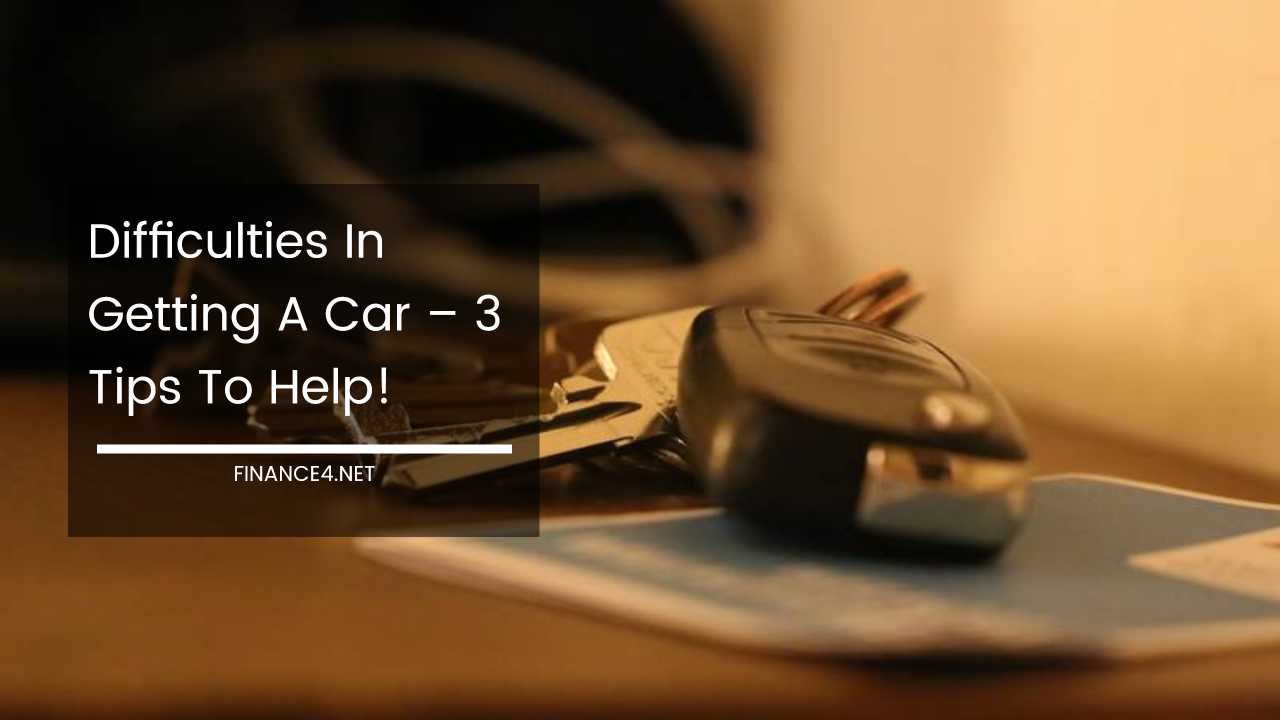Get Rid of a Haunting Defaulted Status

Defaulted Status
The Far-reaching Impact of Defaulted Student Loans: A Comprehensive Exploration of Consequences and Solutions
The specter of impending loan default can cast a long shadow, stealing away peaceful nights and replacing them with anxiety and uncertainty. Failing to meet the repayment obligations of student loans brings forth a cascade of consequences that extend far beyond the immediate financial strain. This article delves into the multifaceted implications of defaulted student loans, examining the ripple effects from salary garnishment to a damaged credit score. Additionally, it explores viable solutions, ranging from loan consolidation to rehabilitation, offering a comprehensive guide for borrowers facing the daunting prospect of default.
- Salary Garnishment: A Sudden Blow to Financial Stability
The most immediate and palpable consequence of defaulted student loans is salary garnishment. Picture this: after dedicating a month of hard work to your job, a significant portion of your salary is suddenly slashed. Wage or salary garnishment, a common repercussion of loan default, can extract around 15% of your gross income. This sudden reduction in income is not just a financial setback; it’s an emotional blow. The realization that your financial struggles are a direct result of a defaulted status adds an additional layer of stress to an already challenging situation. It’s a harsh reminder that financial stability is fragile and can be disrupted by the repercussions of defaulted student loans.
- Interest Charges: Compound Woes for Borrowers
The consequences of defaulted student loans go beyond reduced income; additional charges in the form of interest accrue as a penalty for non-payment. These interest charges create a compounding effect, exacerbating the financial strain on borrowers. What might have started as a manageable loan amount can quickly balloon into an overwhelming debt burden. The cycle of debt becomes increasingly difficult to break, as interest charges pile up alongside the original loan amount. This not only prolongs the financial hardship but also makes the journey to financial recovery more challenging.
- Seizing Tax Refunds: Anticipated Relief Turned Into Loss
For many individuals, tax refunds represent a welcomed financial relief. However, defaulted student loans can turn this anticipated relief into a loss. Tax refunds that would typically be rightfully claimed by the borrower may be seized to offset the unpaid loan amount. The sudden loss of this expected financial windfall further exacerbates the financial woes of individuals already grappling with defaulted loans. It adds a layer of unpredictability to personal finances, making it challenging to plan for and address other essential financial needs.
- Ruined Credit Score: A Long-lasting Stain
One of the most enduring consequences of defaulted student loans is the severe impact on credit scores. The credit history, once a stronghold, now becomes marred with the stain of default. This tarnished credit profile not only hampers current financial standing but also poses a significant barrier to obtaining future loans. The realization that your creditworthiness has been compromised is a harsh reality that many borrowers face when grappling with defaulted student loans. It affects the ability to secure favorable interest rates, obtain credit cards, and even impacts non-financial aspects, such as rental applications or job searches.
- Deprivation of Federal Benefits: A Double Blow
As if the financial setbacks weren’t substantial enough, becoming a student loan defaulter takes another toll by depriving individuals of federal benefits. The federal government has the authority to seize benefits that the borrower would otherwise be entitled to, adding another layer of hardship for those already struggling with defaulted loans. This can encompass a range of benefits, including Social Security, disability benefits, and tax refunds, further worsening the financial strain on the borrower. The loss of these benefits not only impacts the individual but may also affect their dependents who rely on these resources.
Solutions for Navigating Default:
Amidst the challenges posed by defaulted student loans, there are avenues for resolution. Seeking expert advice is crucial, and various options such as loan consolidation and loan rehabilitation can provide a path towards financial recovery.
- Loan Consolidation: Merging Debts for Manageability
Loan consolidation offers the opportunity to merge all outstanding loan amounts into a single, manageable loan, with consolidated payments. This approach simplifies the repayment process by combining multiple loans into one, potentially reducing the overall monthly payment. However, it is essential to approach this option with caution. Seeking independent advice from financial experts or counselors is crucial to ensure informed decision-making. Understanding the terms, interest rates, and potential long-term implications of loan consolidation is vital to avoid unintended consequences.
- Loan Rehabilitation: Rebuilding Financial Health
Loan rehabilitation is another avenue that allows borrowers to work with their loan servicers to establish a new repayment plan. This involves making a series of agreed-upon payments to demonstrate a commitment to meeting financial obligations. Successfully completing the rehabilitation process can help remove the defaulted status and its associated consequences. While rehabilitation offers a chance for financial recovery, it requires diligence and consistency in meeting the agreed-upon payments.
- Seeking Expert Advice: A Prerequisite for Sound Decision-Making
Regardless of the chosen path, seeking expert advice is a prerequisite for borrowers navigating defaulted student loans. Financial counselors, debt advisors, and professionals specializing in student loan assistance can provide invaluable insights. They can help individuals understand the intricacies of their specific situation, explore available options, and guide them toward the most suitable course of action. Independent advice ensures that borrowers are equipped with the knowledge needed to make informed decisions about their financial future.
Final Remarks:
Navigating the aftermath of defaulted student loans is undoubtedly challenging, but it is not insurmountable. Understanding the implications, seeking expert advice, and exploring available solutions can pave the way towards financial recovery. It is crucial for individuals facing the daunting prospect of becoming loan defaulters to proactively address the situation, seeking the necessary support to regain control of their financial well-being. By taking decisive steps and leveraging available resources, borrowers can work towards resolving defaulted student loans and rebuilding a stable financial foundation.



